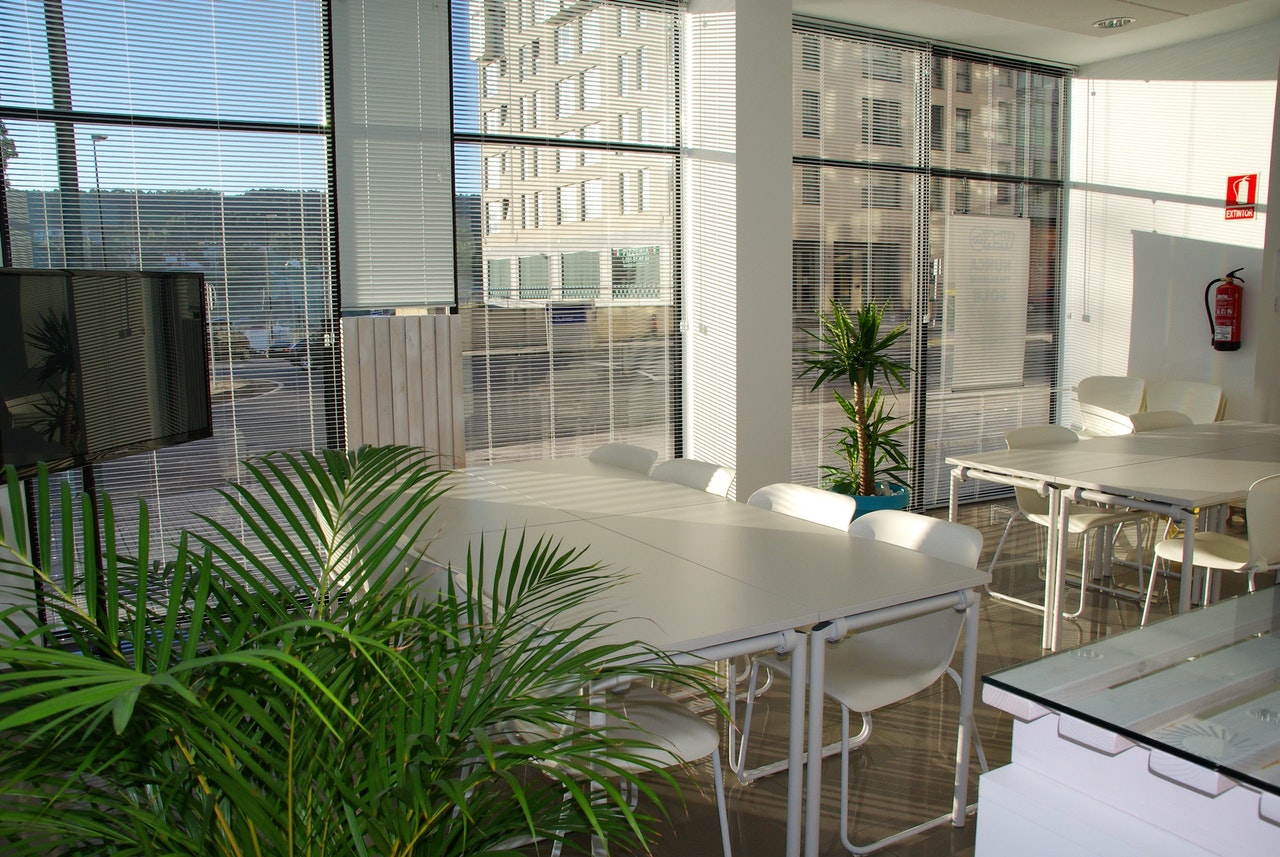In the world of business, every minute spent in an unplanned downtime means that profits are being lost and money is being wasted. Downtime is usually an unforeseeable circumstance, making it difficult to prepare for and even harder to get past.
However, there are plenty of ways to limit the occurrence of minor disturbances that can dampen your office productivity and put a stop to operations. For example, you can implore preventive measures throughout your office to assure that whatever disruptions occur aren’t caused by plain neglect.
Healthy Environment
A business is only as good as its weakest employee. It can be difficult to function well in an environment that is stuffy, poorly ventilated, or a pool for infections to spread. For your employees to achieve optimal productivity, your office should promote a healthy environment.
With the daily flurry of operations and all the people that come and go, keeping track of everything happening inside your office is an impossible task. You may not be aware that a visitor has carried in with them a harmful pathogen that is now airborne.
To avoid your employees getting sick from the office environment, which will, therefore, halt or slow down your operations, make sure to conduct disinfection at least once or twice a month. You can also install air purifiers or indoor plants that can cleanse any bacteria lingering in the air.
Hardware Maintenance
There’s nothing worse than a computer suddenly shutting down or the screen freezing when you’re in the middle of work. A disaster can also be in the form of a malfunctioning printer when you’re printing out important documents that need to be signed and mailed immediately.
When the hardware is faulty, it can cost your employees valuable time that they could otherwise use for their tasks. It can also cost you money to get a PC repair on such short notice, but it’s a price you have to pay for the sake of continuing business operations.
Fortunately, there are ways to prevent these minor disasters from occurring in the first place. Conducting maintenance check-ups on all the hardware in your office is a good precautionary measure, and having staff that can handle unforeseeable circumstances is another.
You can set a schedule with your in-house technicians where they can check all the computers, printers, and other hardware at least once a month to confirm that they are all in good condition. This way, you can rest assured that inconveniences with the hardware will not be the cause of stopping operations.

Routine Inspection
Your office is similar to your home in such a way that it needs to be well-maintained to serve its purpose. Imagine if your home is filthy, then you won’t be able to relax and recuperate inside it. That’s also how it will work in your office.
For instance, if there are problems with the plumbing in the restrooms, your employees won’t be able to do their business comfortably because they need to look for other avenues. If the thermostat in your office is dysfunctional, the environment can be too hot or too cold and become bothersome.
Scheduling routine inspections for your office’s utilities and doing the necessary repairs or maintenance can prevent these problems from getting out of hand. You will be able to identify the issues immediately and respond with the appropriate solution, which will leave no room for disruptions during the workday.
Well-stocked Supplies
There will only be chaos when there are no ink cartridges to replace the ones inside the printer, no bond paper rims to print documents on, or no toilet paper in the restrooms. Minor events such as these are not huge deals on their own, but they can interrupt the flow of productivity.
Consider this situation: you require your employee to give you hard copies of the documents from a meeting earlier. To comply with your request, the employee will need to print the files before handing them to you. But the printer has no more ink, which makes the simple task impossible to do.
An easy solution to this problem is by having a well-stocked supply room. You should keep an inventory of all the supplies that your office will need to function — ink cartridges, paper rims, toilet paper, pens, paper clips, and even the cleaning products that your maintenance staff needs to keep the restrooms spotless.
Assign an employee who can oversee the stock room’s status to notify you before your supplies are depleted. This way, you eliminate the hassle of waiting on your stocks’ arrival and risking your operations being disrupted because of it.
Keeping an office running smoothly is like maintaining a well-oiled machine. You have to constantly check the individual parts to ensure that they can work together seamlessly to create a whole. Once you get the hang of all these tips, you will be able to boost your operational productivity in no time.
